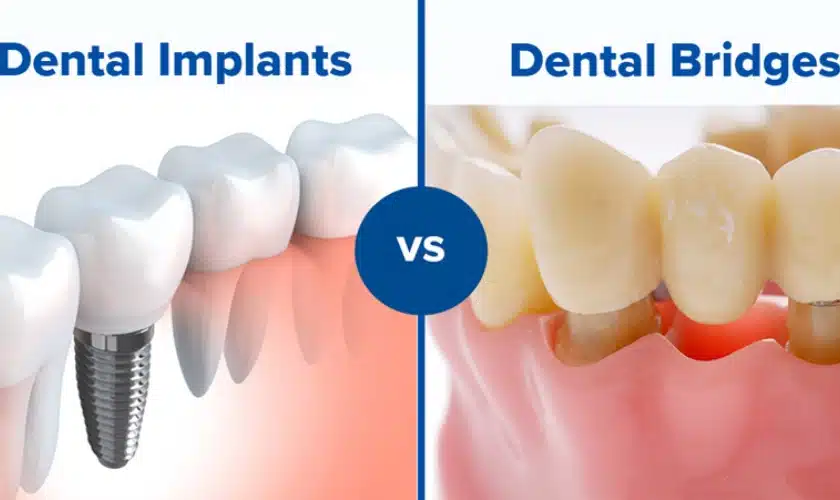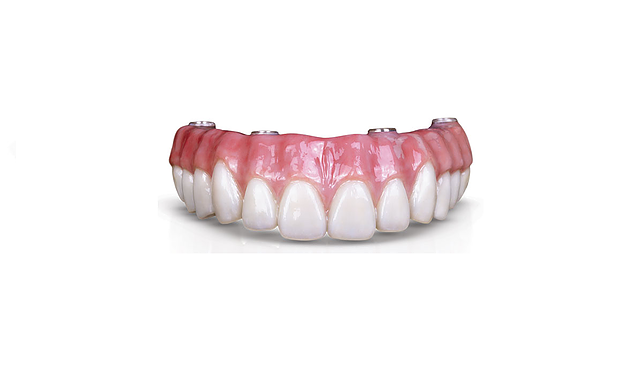Dental Sense for Beginners
Dental Sense for Beginners
Blog Article
Dental Sense Fundamentals Explained
Table of ContentsNot known Facts About Dental SenseHow Dental Sense can Save You Time, Stress, and Money.All about Dental SenseFacts About Dental Sense Revealed
are medical gadgets operatively dental implanted right into the jaw to bring back an individual's ability to eat or their appearance. They give assistance for synthetic (fake) teeth, such as crowns, bridges, or dentures. When a tooth is lost as a result of injury or condition, a person can experience issues such as fast bone loss, faulty speech, or adjustments to chewing patterns that cause pain.Oral implant systems include an oral implant body and dental implant joint and might also include a joint addiction screw. Root canal procedure. The oral implant body is surgically placed in the jawbone instead of the tooth's origin. The dental implant joint is usually affixed to the implant body by the abutment fixation screw and expands through gum tissues right into the mouth to support the connected artificial teeth
(https://www.tripadvisor.in/Profile/dentalsense1)Framework of The Dental Implant System selecting oral implants, speak with your dental copyright about the prospective advantages and risks, and whether you are a candidate for the procedure. Things to consider: Your total health and wellness is a vital consider identifying whether you are a great prospect for dental implants, the length of time it will certainly take to recover, and how much time the implant might remain in location.
Smoking may affect the recovery procedure and decrease the long-lasting success of the implant. The healing procedure for the implant body may take a number of months or longer, during which time you commonly have a short-term abutment instead of the tooth. the dental implant procedure: Carefully follow the dental hygiene guidelines offered to you by your oral provider.
Not known Facts About Dental Sense
Implant failing can cause the requirement for another operation to deal with or replace the dental implant system. Restores the capacity to chew Recovers aesthetic appearance Assists maintain the jawbone from shrinking as a result of bone loss Preserves the health of the bordering bone and periodontals Aids keep adjacent (neighboring) teeth steady Improves top quality of life Damages to bordering natural teeth throughout implant positioning Injury to the surrounding cells during surgery, such as sinus opening Injury throughout surgery (for instance, fracture of surrounding jawbone) Poor function, such as seeming like the teeth do not attack together generally An experience that the tooth is loose or turning in location arising from an abutment screw loosening up Implant body failure (looseness of the implant body) due to systemic infection, which might be most likely in individuals with unchecked diabetes mellitus due to neighborhood infection in bone and gums sustaining the dental implant body due to delayed healing, which might be more probable in people that smoke Difficulty try these out cleaning the gum tissues around the implant, causing poor dental hygiene Without treatment gum disease Post-surgical tingling as a result of nerve impingement or damage Constantly alert healthcare service providers and imaging specialists that you have dental implants prior to any magnetic vibration imaging (MRI) or x-ray procedures.
FDA is not knowledgeable about any damaging occasions reported for MRI or x-ray procedures with dental implants. Dental implants systems are usually made of materials that follow international consensus requirements of the International Organization for Standardization (ISO) or ASTM International. These criteria have information of what makes a secure product.

An oral implant is a structure that changes a missing out on tooth. With screw-like devices, the specialist inserts a dental implant into the jawbone, and it works as an anchor for a fabricated tooth, called a crown. A tool called a joint links the artificial tooth to the dental implant. The crown is personalized to fit the person's mouth and match the color of their teeth.
What Does Dental Sense Do?
Some people are not eligible for oral implant surgery. It is for oral cosmetic surgeons to operate people with: intense illnessuncontrollable metabolic diseasebone or soft cells condition or infectionIf these issues are solved, a person can have the surgical treatment. In, dental specialists avoid operating people with: If people with any one of the above go through dental implant surgery, there is a higher danger of the implant failing.

Dental dental implant surgical procedure is a tailored procedure. Offer you time to heal. Attach the post and final crown, bridge or denture.
Next, your doctor will thoroughly position the oral implant right into your jaw. If your implant is near the front of your mouth, your dental practitioner will certainly make a temporary tooth for you to put on up until you recover.
Dental Sense for Dummies
Your company can inform you what to anticipate in your scenario. During the healing phase, your jawbone should fuse to the dental implant. This process, called osseointegration, is essential for stability and long-lasting success. This procedure can take anywhere from 3 to 9 months. In some instances, it may take longer.
When your implant heals, your dental practitioner can affix the abutment (tiny adapter blog post) and your final reconstruction (crown, bridge or denture). This usually takes regarding one hour to complete and may require a second small surgery. You shouldn't feel any type of discomfort during your dental implant procedure due to the fact that your supplier will certainly utilize drug to numb your gum tissues.
Report this page